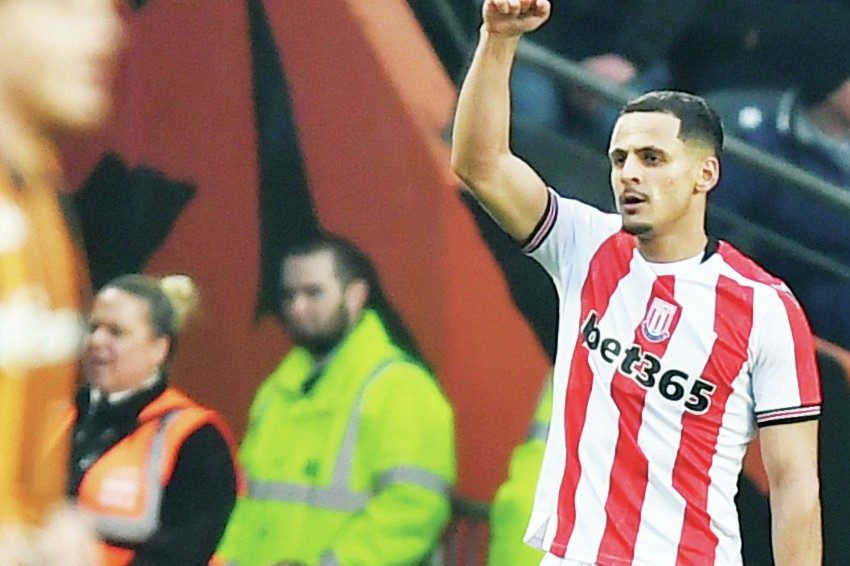
Fans and clubs are up in arms over the Football Association’s controversial decision to shake up the FA Cup. The removal of replays in the early rounds and the rescheduling of the final have left many feeling angry and disappointed. It was, for the lack of better explanation, in order to “strengthen the competition and improve player welfare due to an increasingly busy calendar”. FA chief, Mark Bullingham, insists the changes are essential for the survival of the tournament, especially with the growing pressure from European football. But smaller clubs, who have long relied on replays for financial gain and national attention, feel overlooked and sidelined by the FA’s actions.
Fans and pundits are furious over the changes, accusing them of ignoring tradition and input from the wider football community. Many feel the FA has sold out the heart and soul of the tournament to please England’s elite football clubs and TV execs. It’s the smaller clubs who’ll suffer the most, they say. Chris Wilder, manager of Sheffield United, didn’t hold back. This new FA Cup format is all about what the big clubs want, according to him. They run the show, and it’s pretty obvious they’re not interested in FA Cup replays.
Data from the Football Association (FA) indicates that the FA Cup has seen 228 replays in the last ten years. Of these, 19 involved a lower-division EFL club travelling to a top flight stadium, with 12 of those matches attracting audiences of over 25,000. This suggests that replays have historically offered a significant financial boost to at least one EFL club annually, with even greater potential benefits for non-league teams. The EFL also said this decision was not mutually agreed on.
How Replays Created a Ripple Effect Everyone Benefited From
FA Cup replays are a beloved part of English football tradition. They created a whole little ecosystem that extended far beyond the pitch. A replay at the big club’s stadium meant a financial windfall from ticket sales, merchandise, and television rights. It literally saved clubs from going under, allowing them to invest in players, facilities, and community programs. The underdog story of a replay also had power to capture the imagination of fans. The ripple effect might also extend to a number of smaller businesses around towns, primarily bars where many fans prefer to watch live FA Cup matches, a major social element of football. Replays were part of this social element. Without them, the bars might see a decline in profits, and fans might have fewer opportunities to socialise around interesting games.
What Will be the Consequences?
It’s a mixed bag honestly. Scraping the replays is not going to have the same effect on everyone. For the giants of England’s top football pyramid, the big names, it’s a mere scheduling tweak they might even benefit from. Yet, for the smaller clubs, it’s a loss that stings. The FA Cup has always been a stage for David vs. Goliath clashes. The magic of a replay, a second chance under the lights, was where underdogs often found their glory. Now, that’s gone, and replaced with less lucrative end for those who dared to dream big.
The financial blow is undeniable. Lower-league clubs thrived on the revenue from replay matches, especially against the top flight football clubs. The packed stands, the broadcast deals, all of it injected much-needed funds into their coffers. Now, that lifeline is severed. It’s a bitter pill for those already operating on shoestring budgets.
Beyond the finances, it’s a matter of identity. The FA Cup offered a platform for smaller clubs to test their mettle, to capture the nation’s attention, even if just for a moment. Those underdog stories were the lifeblood of the competition, igniting the passion of fans and reminding us that football isn’t just about multi-million-pound contracts and global brands. It’s about hope, it’s about defying the odds, it’s about community spirit. Why kill that?
The decision might be practical in the short term, but it chips away at the heart of the FA Cup. That’s undeniable. It diminishes the chances for upsets, for those magical moments that make the tournament so special. It’s a win for efficiency and scheduling ease, but it’s a loss for the soul of the game. And we’re not sure how that is going to benefit the big clubs either. Maybe from the practical standpoint it will, but football is a game that is played with the heart, not just with numbers.









